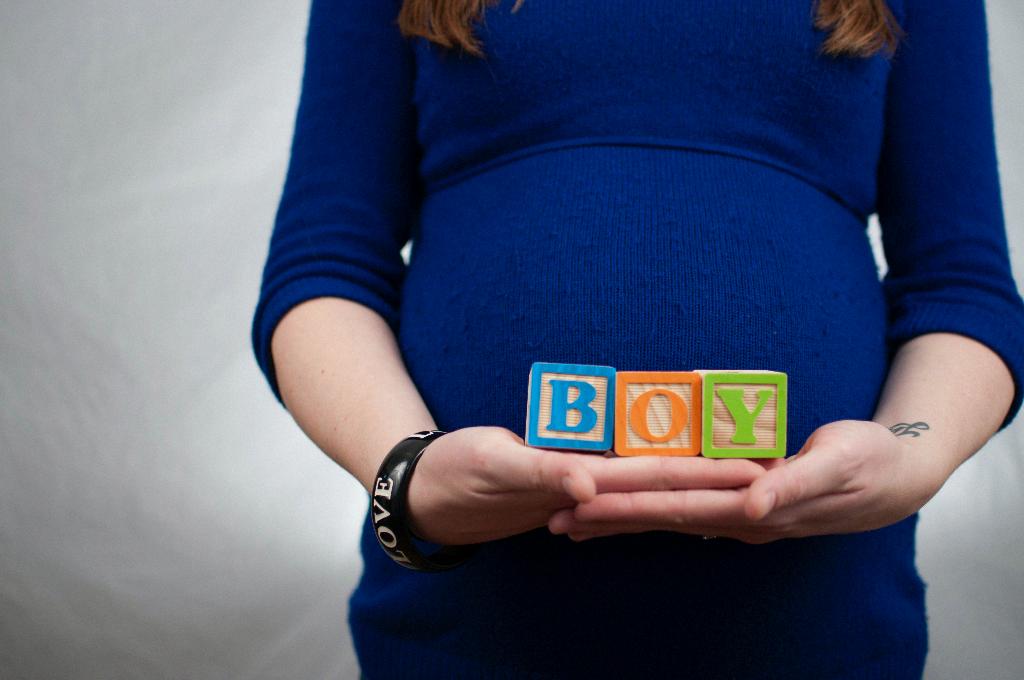Experiencing nausea after eating can be unsettling and disruptive to your daily routine. It’s essential to pay attention to this symptom as it can be a signal from your body that something is not quite right. Let’s delve into some common reasons why you might be feeling nauseous after meals.
1. Overeating and Indigestion
One possible reason for feeling nauseous after eating is overeating. When you consume large quantities of food, your stomach may struggle to digest it properly, leading to indigestion. This can result in feelings of discomfort, bloating, and nausea.
2. Food Allergies or Intolerances
Food allergies or intolerances can also trigger nausea after meals. Your body may be reacting negatively to certain foods, causing inflammation in the digestive tract and leading to symptoms like nausea, stomach pain, and diarrhea.
3. Gastric Reflux and Heartburn
Gastric reflux, commonly known as heartburn, can cause a burning sensation in the chest and throat, accompanied by nausea. This condition occurs when stomach acid flows back into the esophagus, irritating the lining and triggering discomfort.
4. Stress and Anxiety
Emotional factors such as stress and anxiety can have a direct impact on your digestive system. When you’re under stress, your body releases hormones that can interfere with digestion, leading to symptoms like nausea and stomach upset after eating.
5. Gastritis and Stomach Ulcers
Gastritis and stomach ulcers are inflammatory conditions that can cause nausea, bloating, and abdominal pain after meals. These conditions are often linked to the presence of Helicobacter pylori bacteria or prolonged use of nonsteroidal anti-inflammatory drugs (NSAIDs).
6. Gastroparesis
Gastroparesis is a condition characterized by delayed stomach emptying, leading to symptoms like nausea, vomiting, and bloating after eating. This disorder can be caused by nerve damage or muscle dysfunction in the digestive system.
7. Gallbladder Issues
Problems with the gallbladder, such as gallstones or inflammation, can result in nausea and abdominal discomfort after eating fatty or greasy foods. The gallbladder plays a crucial role in digesting fats, so any dysfunction in this organ can lead to digestive disturbances.
8. Pregnancy
Nausea and vomiting, commonly referred to as morning sickness, are common symptoms experienced by pregnant women, especially during the first trimester. Hormonal changes and increased levels of progesterone can contribute to feelings of nausea after eating.
9. Medications and Side Effects
Certain medications, especially antibiotics, painkillers, and antidepressants, can cause stomach irritation and nausea as side effects. If you suspect that your symptoms are medication-induced, consult your healthcare provider for guidance on managing these issues.
10. Celiac Disease and Gluten Sensitivity
Celiac disease and gluten sensitivity are autoimmune conditions that affect the body’s ability to digest gluten, a protein found in wheat, barley, and rye. Consuming gluten-containing foods can trigger digestive symptoms like nausea, diarrhea, and bloating in affected individuals.
11. Slow Digestion and Constipation
If your digestive system is sluggish or you’re experiencing constipation, it can lead to feelings of nausea after eating. Slow digestion can result in food sitting in your stomach for longer periods, causing discomfort and nausea.
12. Seeking Professional Advice
If you frequently experience nausea after eating or if your symptoms are severe and persistent, it’s crucial to consult a healthcare provider for a proper evaluation and diagnosis. A healthcare professional can help identify the underlying cause of your nausea and recommend appropriate treatment options to alleviate your symptoms.

